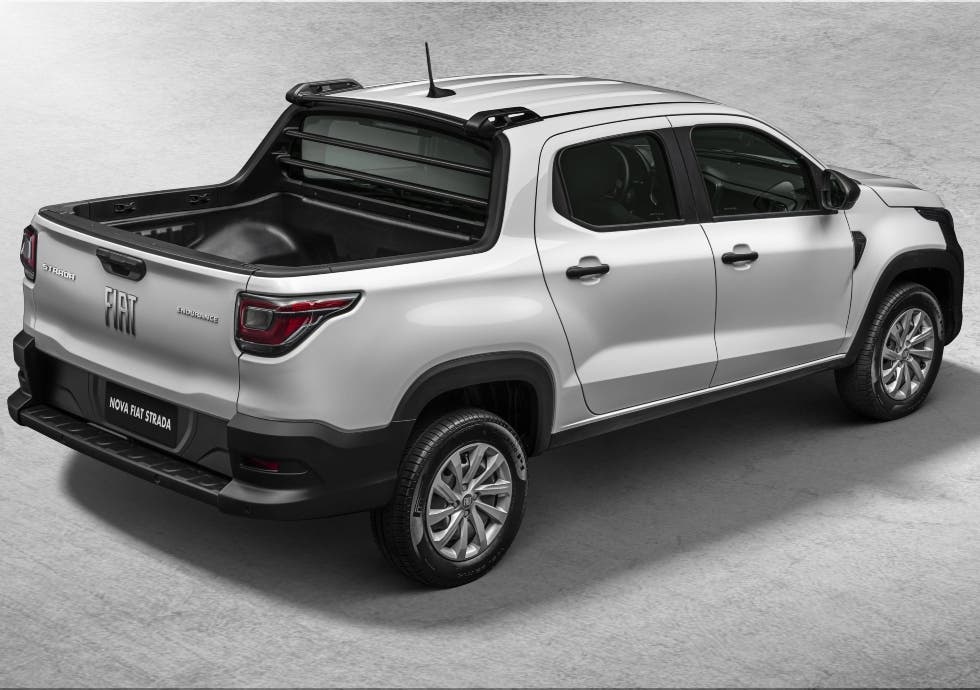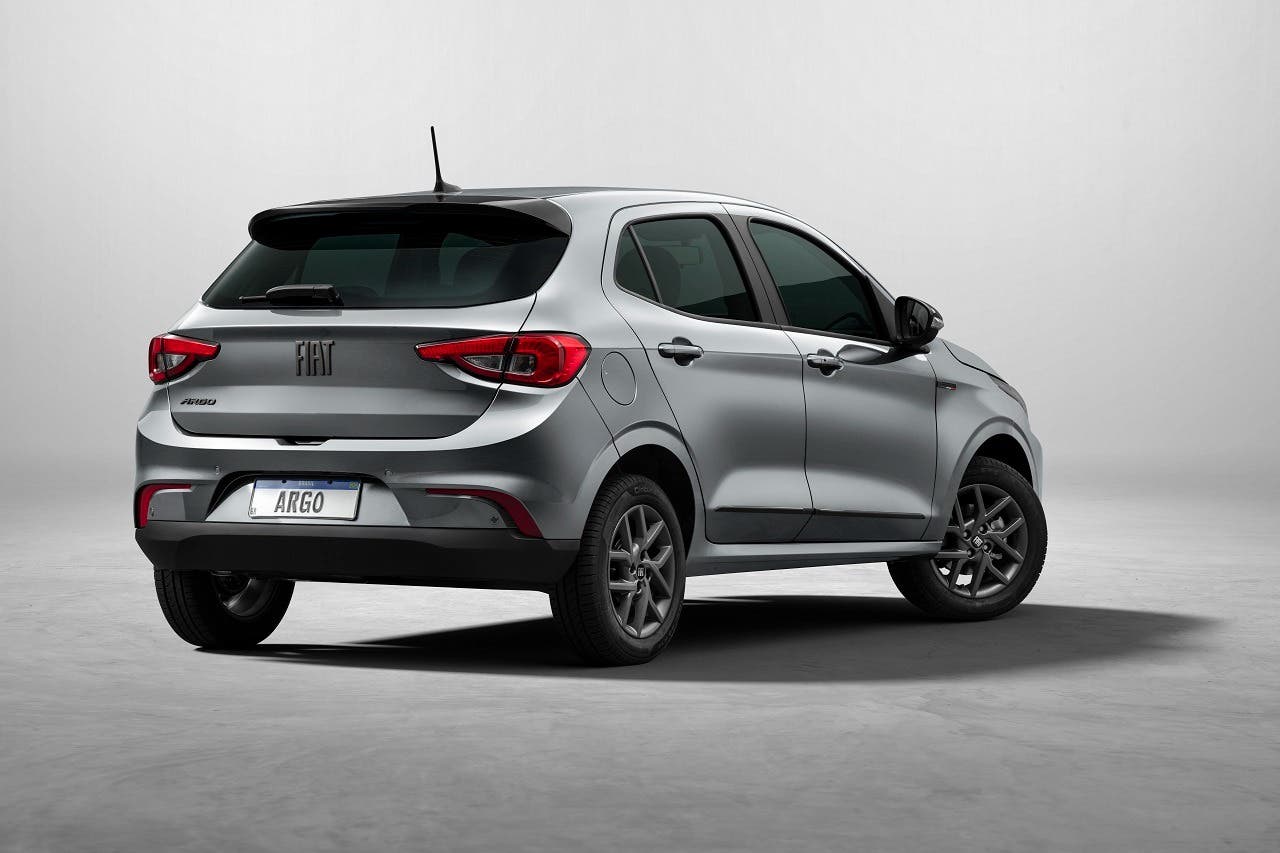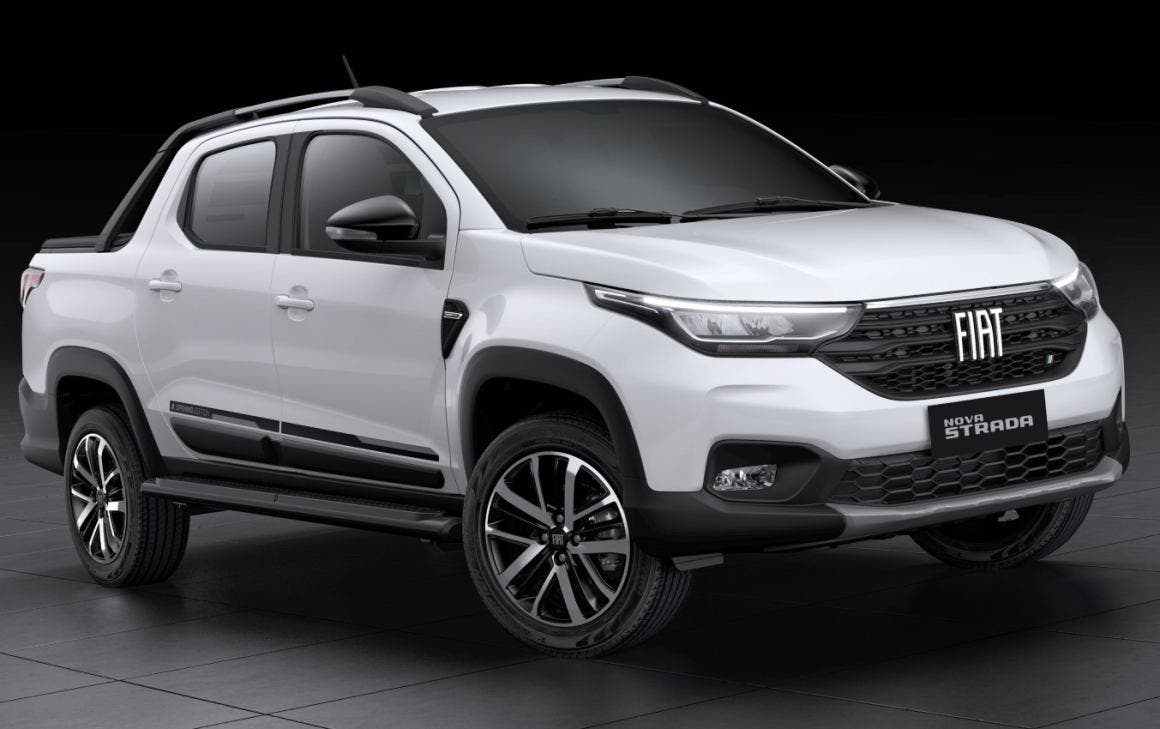It has come at the end of an era for the Fiat Strada in Brazil. The compact pickup truck from the Italian giant, which, after a good three years of unchallenged dominance as the ‘best-selling car in the South American country,’ is ceding its leading place to another model in the first half of 2024. So what are the reasons for this turnaround? And who took its place?
Fiat Strada cedes its throne: here is who is the queen of sales in Brazil in the first half of 2024
It was precisely the Strada that had dominated the ranking until May, with a lead of about 900 units over the Polo. But the German manufacturer did not give up and, thanks to an outstanding comeback in the last month, managed to overtake its rival, ending the first half of the year with 9,683 units registered against the Strada’s 7,551.

While June was not a good month for either model, it did see the emergence of a new protagonist: the Hyundai HB20, which, with 9,760 registered units, won the title of best-selling car of the month, moving up to second place in the overall ranking for the first half of the year.
Among other market players, the SUV segment saw the VW T-Cross confirm its leadership with 31,519 units registered in the first half of the year, narrowly edging out the Hyundai Creta (30,531). In the overall ranking, they rank seventh and eighth, respectively.
In the medium SUV segment, the showdown between the Jeep Compass (22,791 units sold) and the Toyota Corolla Cross (21,844 units) is becoming increasingly fierce. Compass maintains the lead, but the Corolla Cross took the top spot in June sales, portending an even fiercer head-to-head in the coming months.
Completing the top 10 best-selling cars in Brazil in the first half of 2024 are the Fiat Argo in 5th place with 39,624 units and the Fiat Mobi (6th place with 32,240 units).

Sales data highlight a Brazilian market that is constantly evolving, with models that are increasingly popular with consumers and competitive dynamics that are increasingly heated. The struggle for supremacy between Polo and Strada is emblematic of this scenario and promises to excite car enthusiasts for the rest of the year. In addition to the sales figures, we cannot help but notice how the Brazilian market is increasingly focused on electrification. The first electric and hybrid cars, in fact, are beginning to gain market share, portending rapid growth of this segment in the coming years.
Keeping up with the ever-increasingly diverse needs of Brazilian ( and not only) consumers is certainly not easy, and being able to satisfy everyone is very hard nowadays. Hopefully, in this constantly changing and rapidly evolving scenario, automakers will be able to renew their efforts to offer innovative and competitive products.

